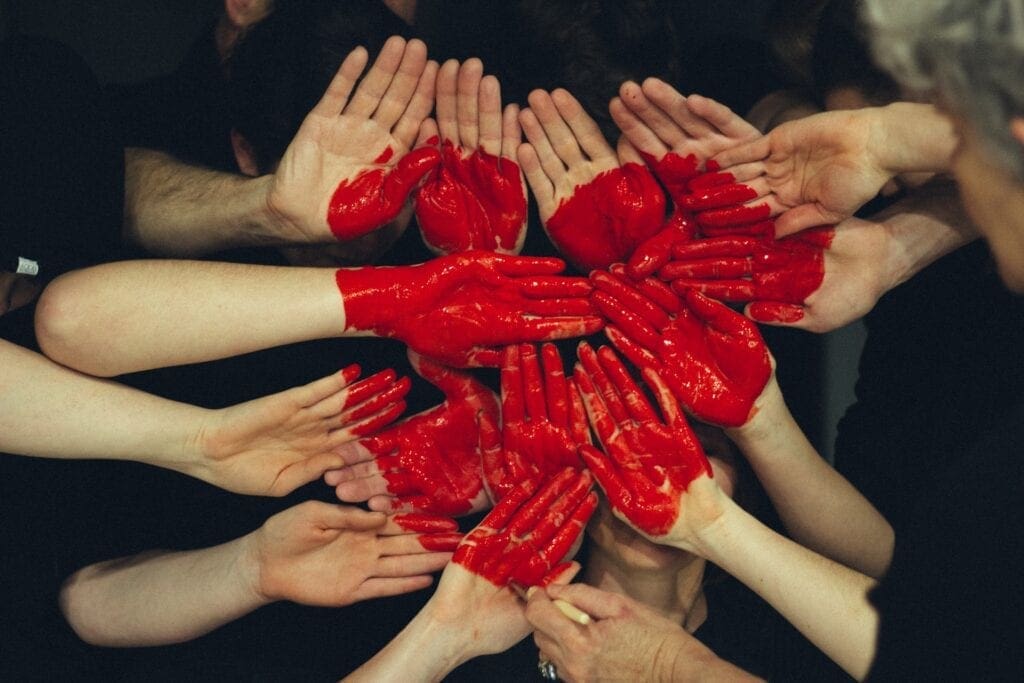
On 2 November 1656, St. Vincent de Paul invited his Missioners to exercise mercy always: at home, in the countryside, on missions, always hastening to help others.
Being merciful means having a heart for the poor; the Hebrew term for mercy, rachamim, indicates one’s innards, also the maternal uterus. This tells us that mercy is a visceral attitude involving the whole human person. To be merciful means to have compassion, to open one’s heart and hands, to move one’s feet to encounter our sisters and brothers.
The pandemic period of Covid-19 has transformed the pleasure of staying at home into a duty of staying there: the sharing of spaces, the interruption of daily habits, the reduction of social contacts, job uncertainty, the care of the elderly, brings about new rules of coexistence, of facing conflicts. On the one hand there are those who have rediscovered their partner, those who have focused on their family. On the other hand, there are those who live in a silence burdened with resentment. In fact, in very small environments where the home is more a prison than a refuge, where there is a violation of privacy and invasion of personal space, it is easy to lose peace. In these difficulties it is necessary to recover a gaze of mercy, an Easter gaze capable of filling the negation with the light of the hope that comes from God’s love for us.
The pandemic time in my opinion should increase the desire for family, the desire for community. Houses and families are increasingly places where conflict is encountered, recognized, and transformed into opportunities for good, tenderness, flexibility, in a word, for mercy.
by P. Salvatore Farì CM
Photo by Tim Marshall on Unsplash

